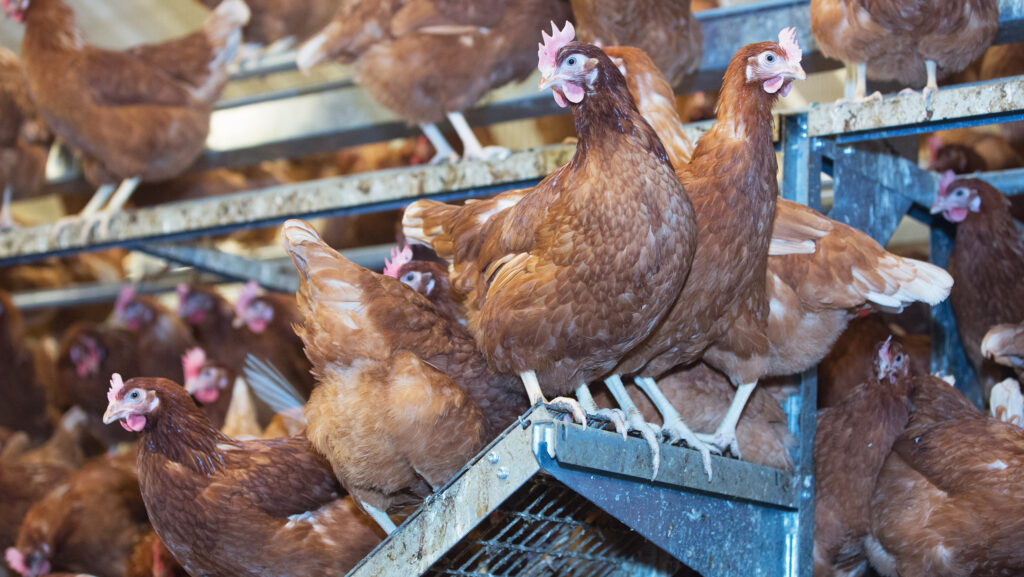Free-range poultry ordered indoors as avian influenza mounts
 © Tim Scrivener
© Tim Scrivener As avian influenza cases continue to mount, free-range poultrykeepers in the East Riding of Yorkshire, the Kingston Upon Hull region, Lincolnshire, Norfolk and Suffolk have been ordered to keep their flocks indoors.
The mandatory housing order, which includes all backyard flocks as well as commercial ones, takes effect from 12pm on Monday 23 December and is in response to the escalating risk in the area.
See also: Avian influenza outbreak prompts prevention zone
This is in addition to the requirement to follow stringent biosecurity within the Avian Influenza Prevention Zone (AIPZ), which took effect on 13 December.
Measures include restricting access for non-essential people on-site, ensuring workers change clothing and footwear before entering bird enclosures, and cleaning and disinfecting vehicles regularly.
Defra has an interactive map showing where the control zone is located.
Robust biosecurity
UK chief veterinary officer Christine Middlemiss said: “We have taken action to try and prevent the further spread of disease and urge birdkeepers to comply with the new housing measures.
“Birdkeepers must continue to exercise robust biosecurity measures, remain alert for any signs of disease, and report suspected disease immediately to the Animal and Plant Health Agency.”
Bird keepers are also urged to take the necessary steps to safeguard animal welfare, such as increasing shed enrichments.
So far there have been 12 cases of highly pathogenic avian influenza in England since 1 October – all but one being in the area now identified as an AIPZ.
Free-range status
Eggs produced by housed birds will retain their free-range status for as long as the mandatory housing order persists.
Defra is considering extending the same provision for meat birds in England and Scotland, having recently closed a consultation on the matter.
Currently, meat birds lose their free-range status after 12 weeks indoors.
